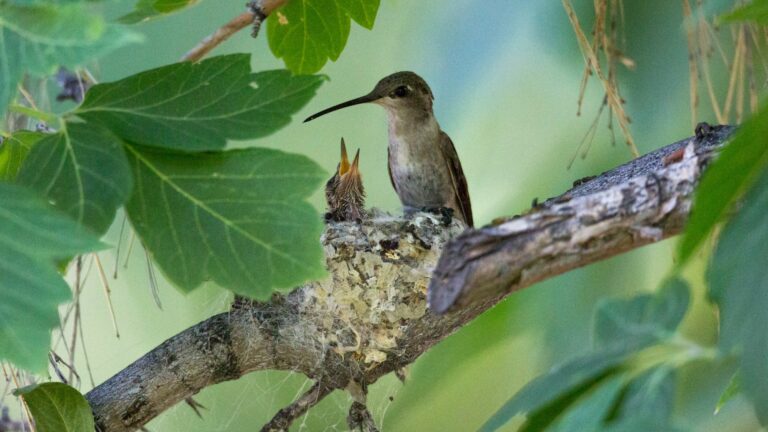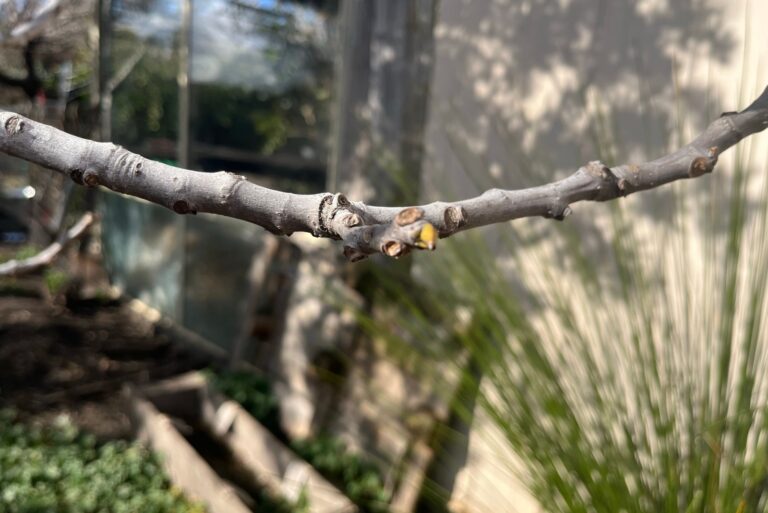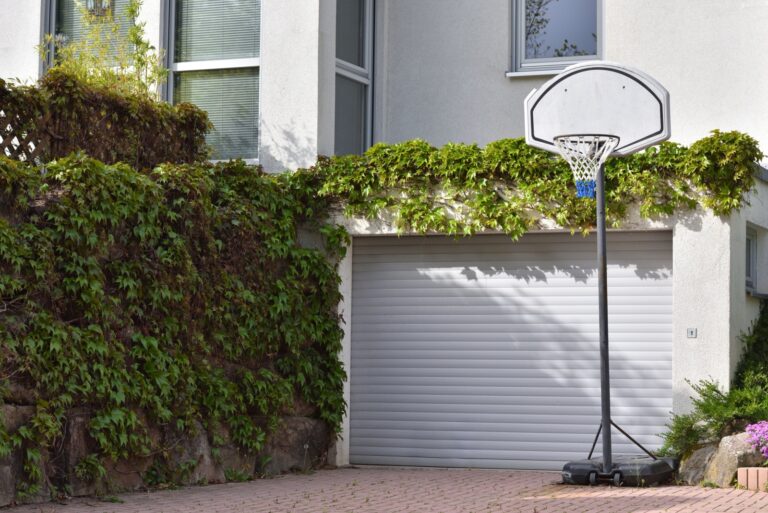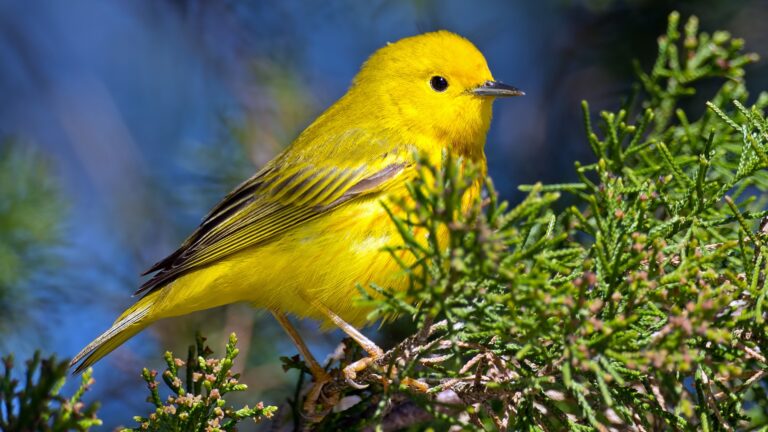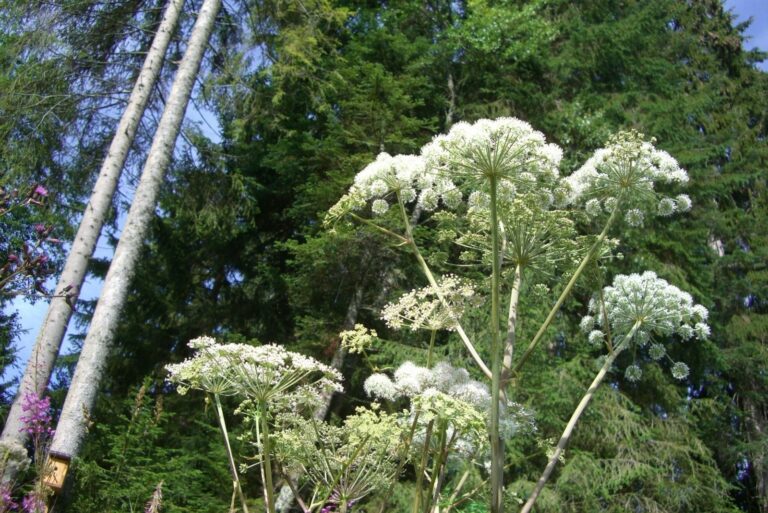7 Reasons Ants Could Be Good For Peonies In Pennsylvania
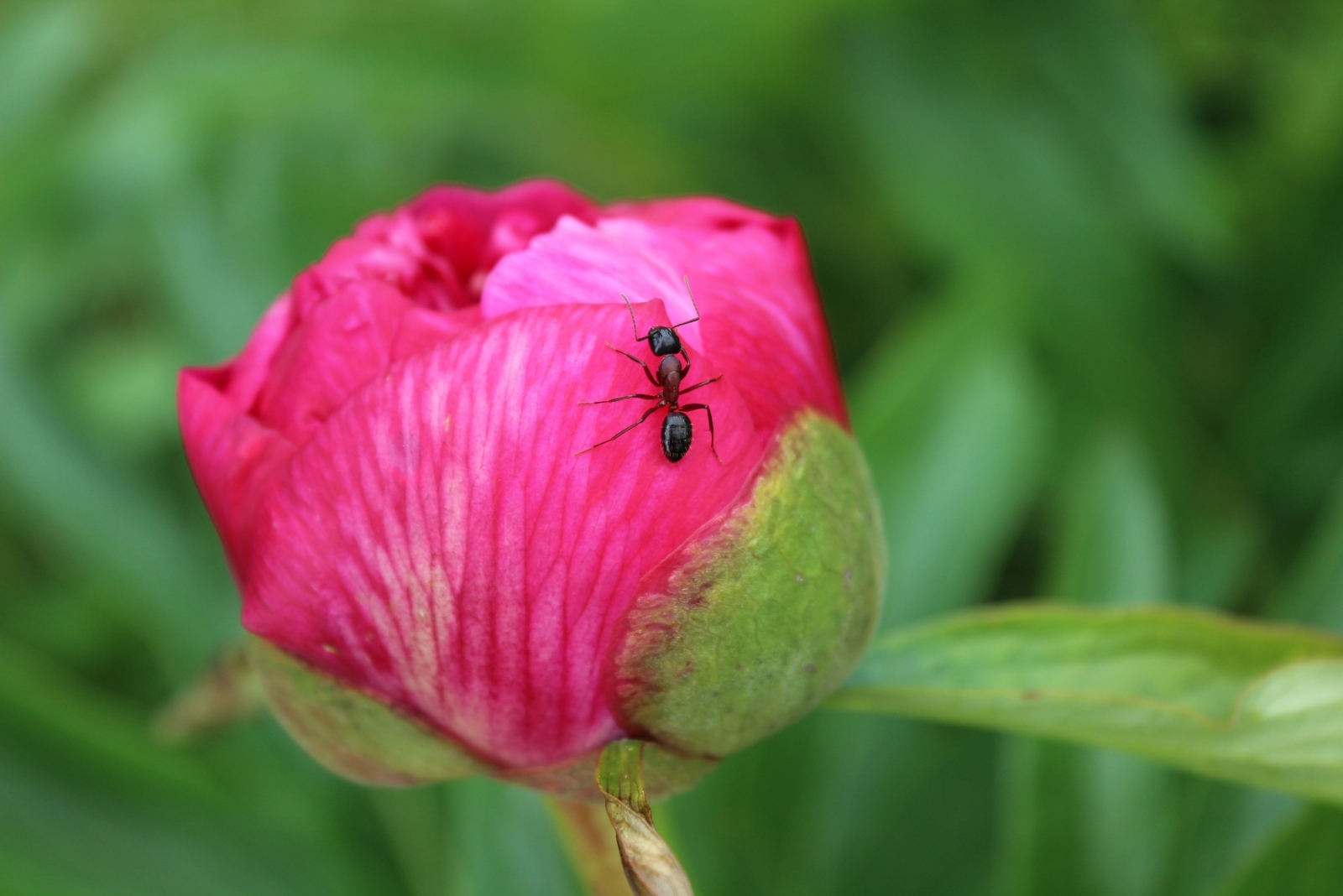
Ants in Pennsylvania gardens often get a bad rap, but they can actually be peony’s best friends. These 7 reasons explain how ants help flowers thrive.
Observing this little partnership in action is surprisingly fascinating. Learn why letting ants hang around your peonies might be a smart move.
1. Natural Bud Protection
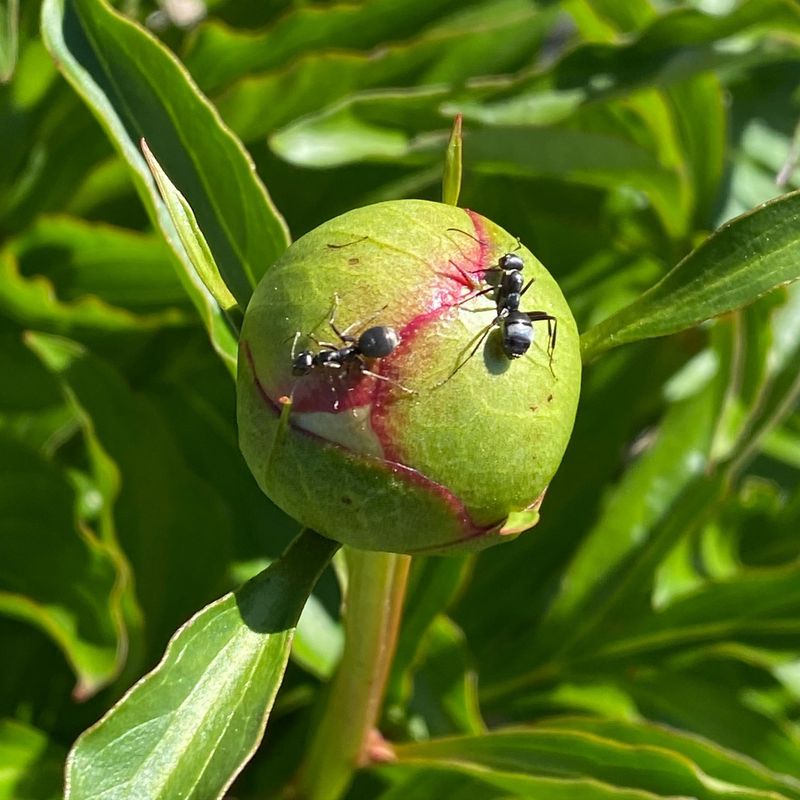
Ants actively defend peony buds from harmful insects that might damage them before they bloom. In Pennsylvania gardens, these tiny guardians patrol the sugary buds, chasing away potential pests like thrips and mites.
The relationship benefits both species – peonies get protection while ants enjoy the sweet nectar. Many Pennsylvania gardeners now welcome this natural pest control method instead of using harsh chemicals.
2. Bloom Assistance
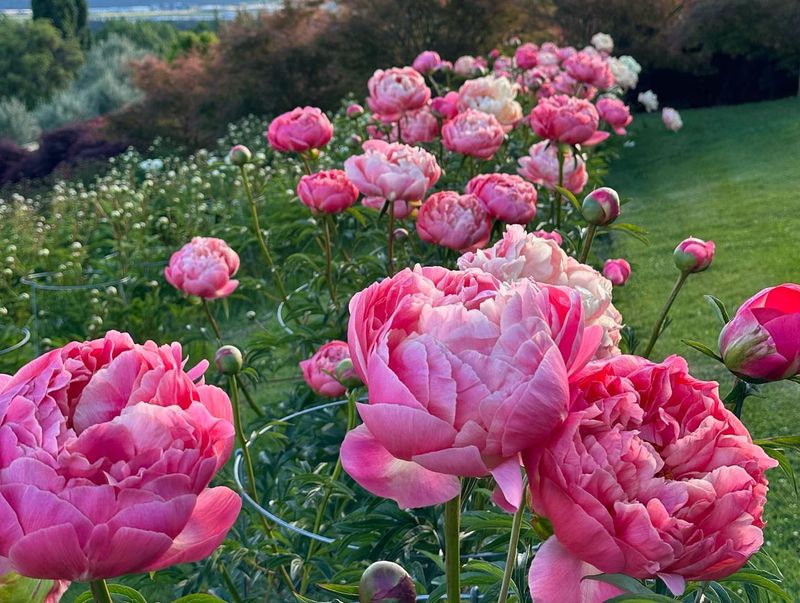
Wonder why your Pennsylvania peonies open so beautifully? Thank the ants! Their movement and nibbling help loosen the tight outer petals, allowing buds to unfurl more completely.
Without this gentle assistance, some peony varieties might struggle to open fully. Pennsylvania’s climate creates perfect conditions for this partnership – the timing of ant activity coincides perfectly with peony blooming season.
3. Soil Aeration
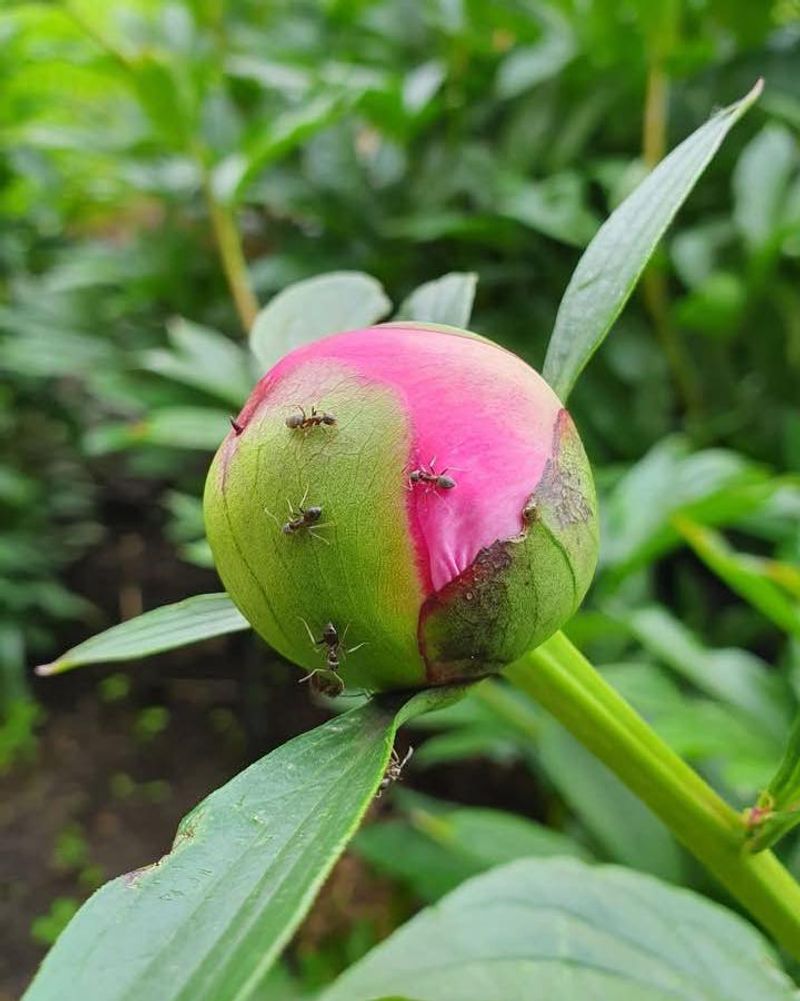
Beneath your Pennsylvania peonies, ant colonies create intricate tunnel networks that naturally aerate the soil. This improves drainage and allows oxygen to reach deeper root zones, promoting healthier plants.
The tunneling activity is especially beneficial in Pennsylvania’s clay-heavy soils. Many gardeners pay for mechanical aeration, but ants provide this valuable service completely free of charge!
4. Nutrient Cycling
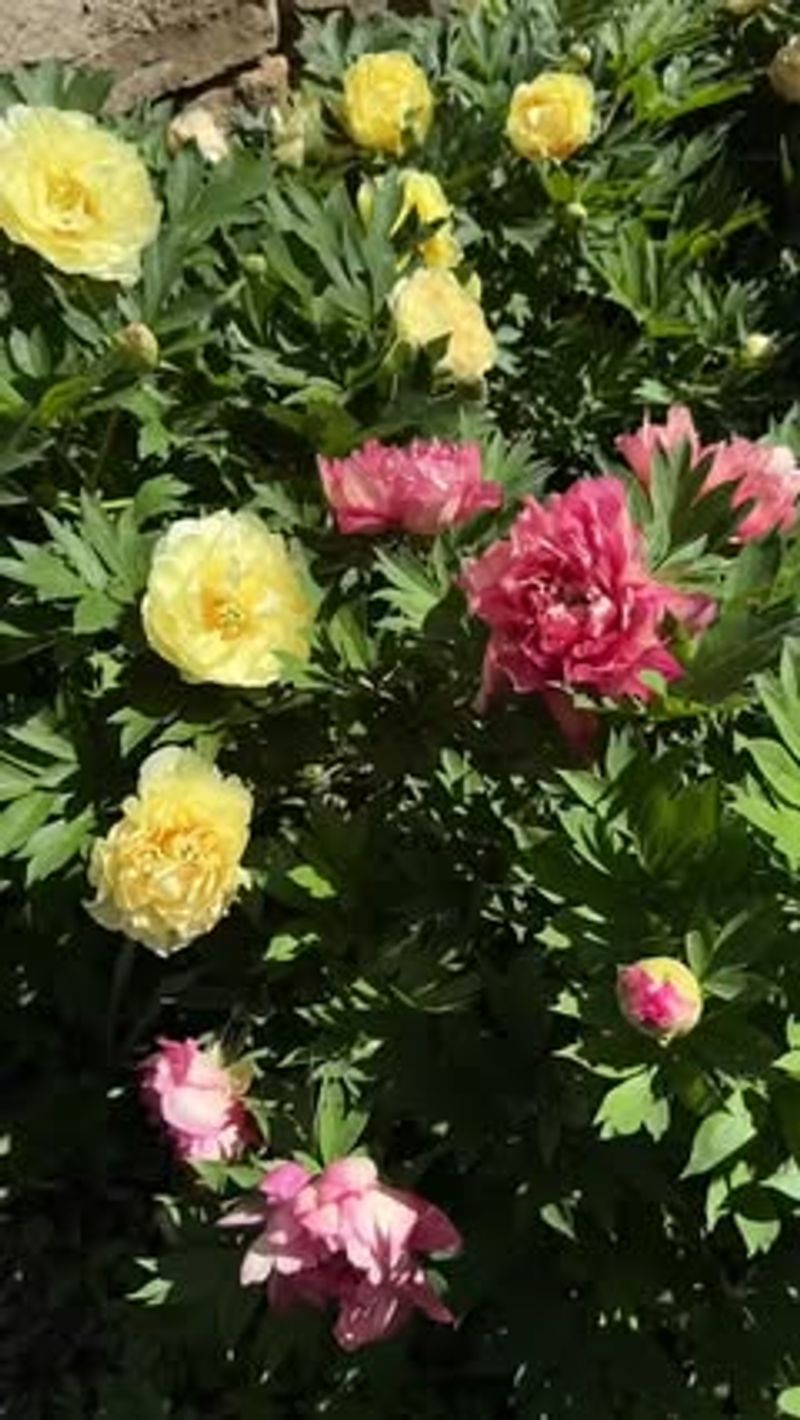
Ants bring organic matter into their underground nests, inadvertently creating nutrient-rich pockets around peony roots. They break down this material faster than natural decomposition would occur.
Pennsylvania gardeners benefit from this free fertilization service. The enhanced soil structure helps peonies thrive through Pennsylvania’s varied seasons, from hot summers to freezing winters, without additional amendments.
5. Seed Dispersal
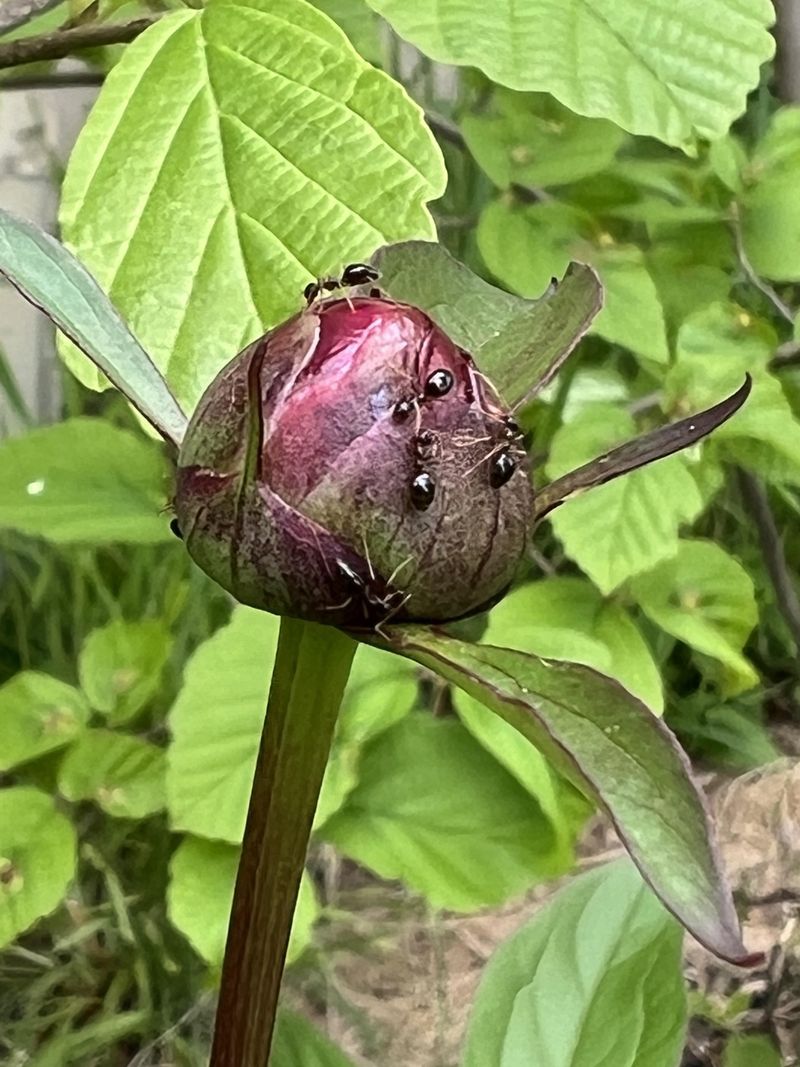
After peonies finish blooming in Pennsylvania gardens, ants help spread their seeds. Attracted to the fatty elaiosome attached to each seed, they carry them to new locations before discarding them.
This natural distribution creates genetic diversity among peony populations. Pennsylvania’s woodland peonies particularly benefit from this relationship, expanding their territory through the industrious work of their six-legged partners.
6. Pest Predation
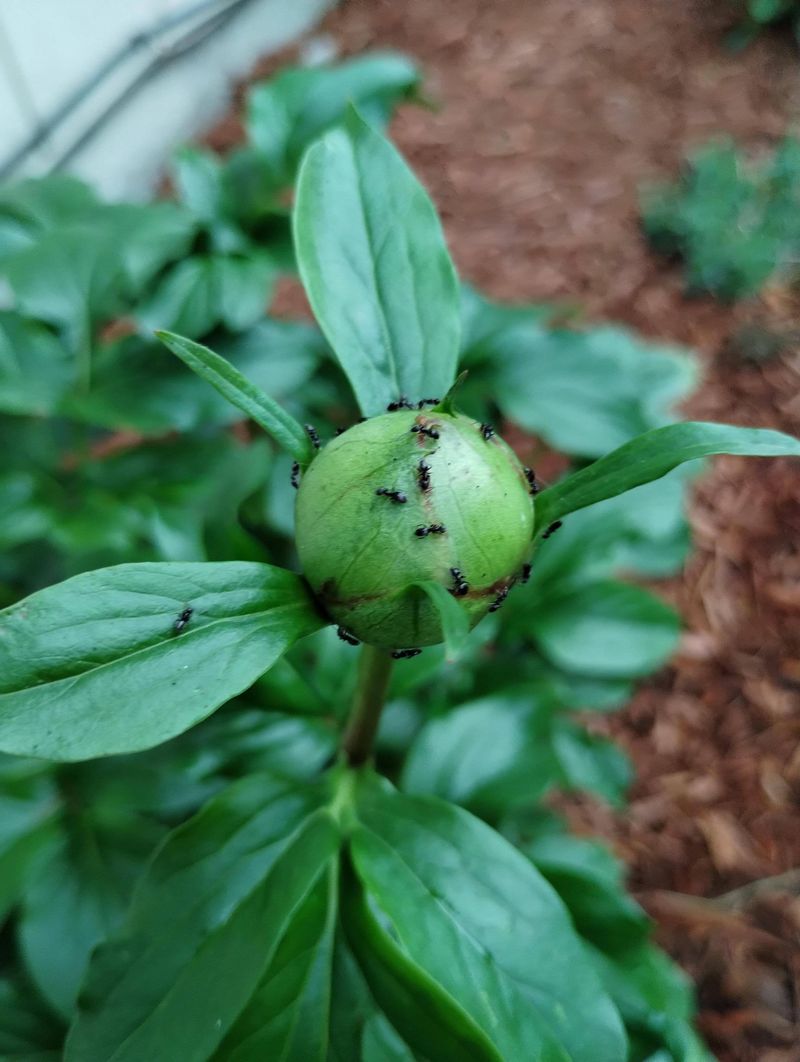
Many ant species found in Pennsylvania gardens are opportunistic predators that hunt small insects harmful to peonies. They’ll capture aphids, small caterpillars, and other pests that might damage your prized blooms.
This natural pest management creates a healthier garden ecosystem. Pennsylvania gardeners who encourage beneficial ant populations often report fewer problems with common peony pests throughout the growing season.
7. Weather Prediction
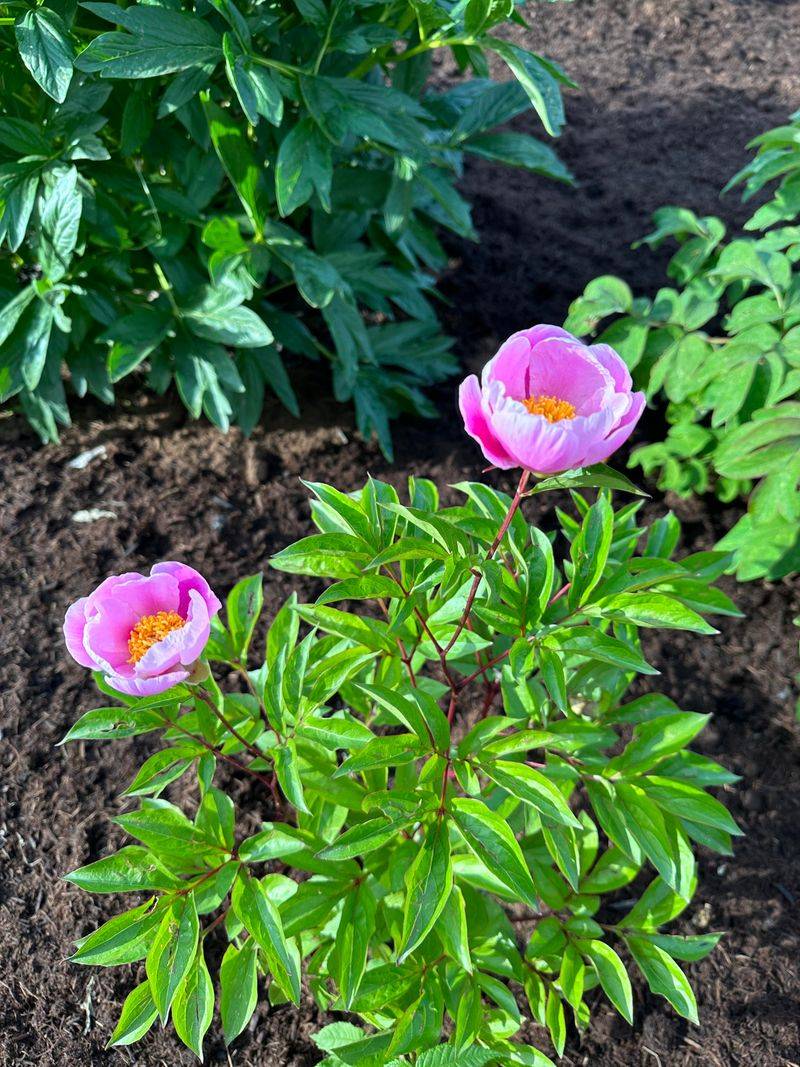
Pennsylvania gardeners have long observed that ant behavior around peonies can predict weather changes. Increased ant activity often signals approaching warm, dry conditions ideal for peony blooming.
This natural forecasting system helps gardeners time their garden activities. When Pennsylvania’s unpredictable spring weather threatens, watching ant patterns around your peonies might help you decide when to cover plants or harvest blooms.

